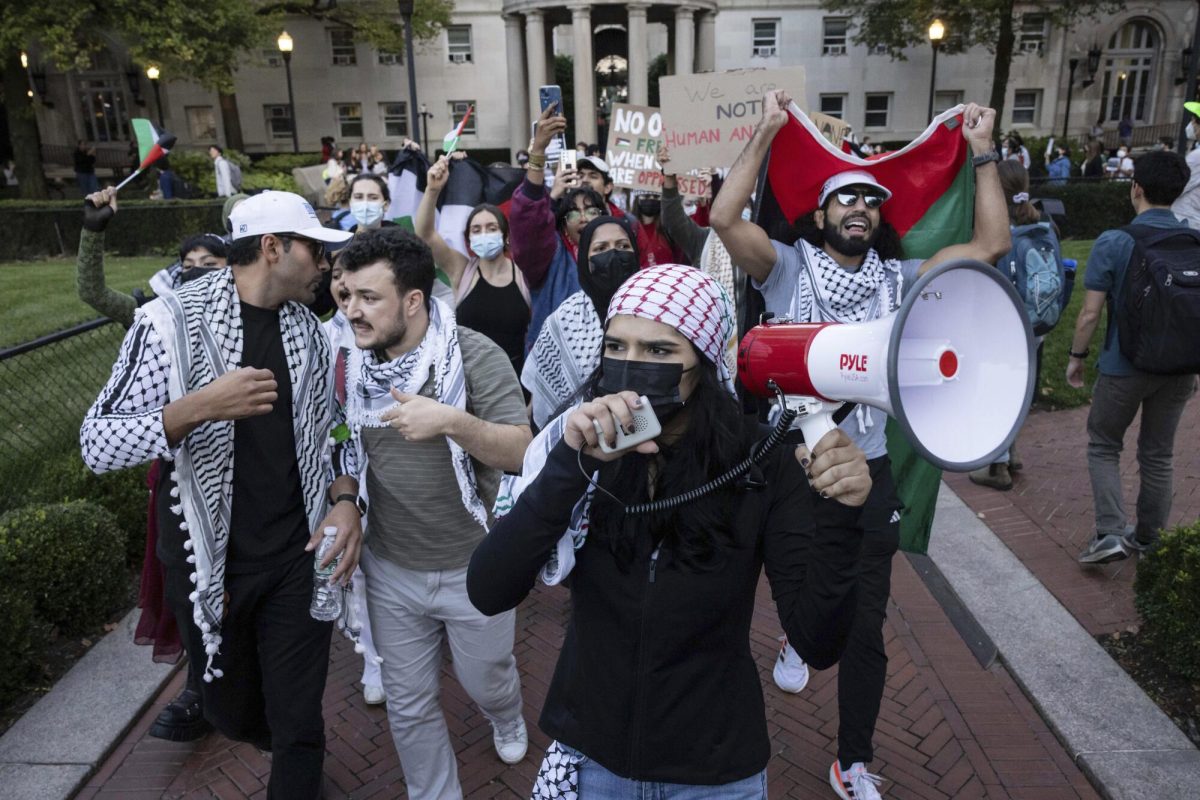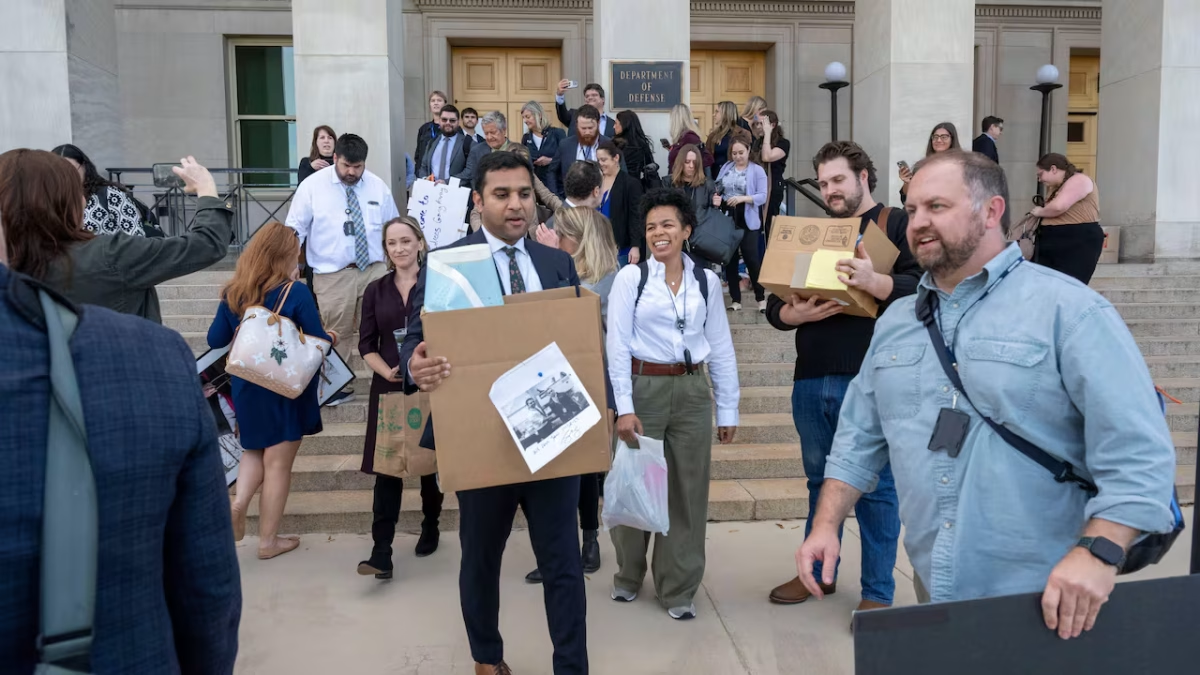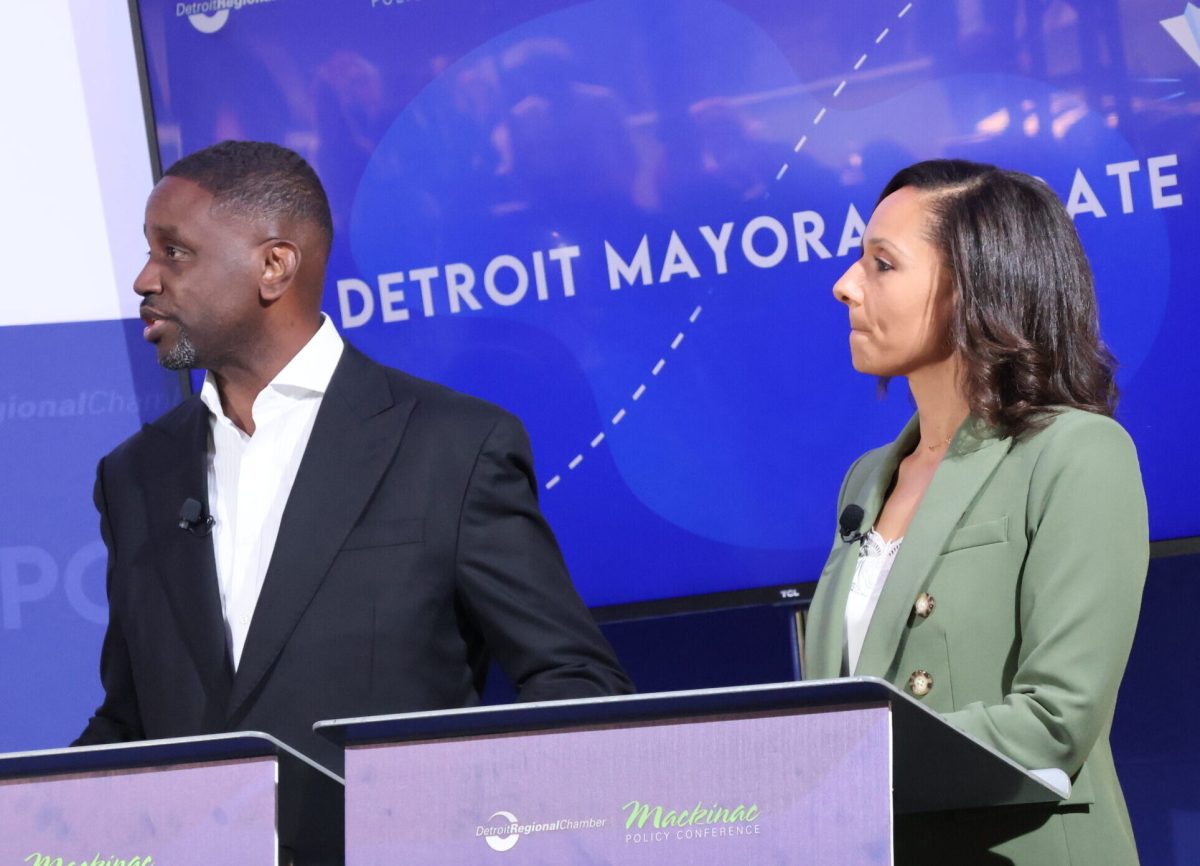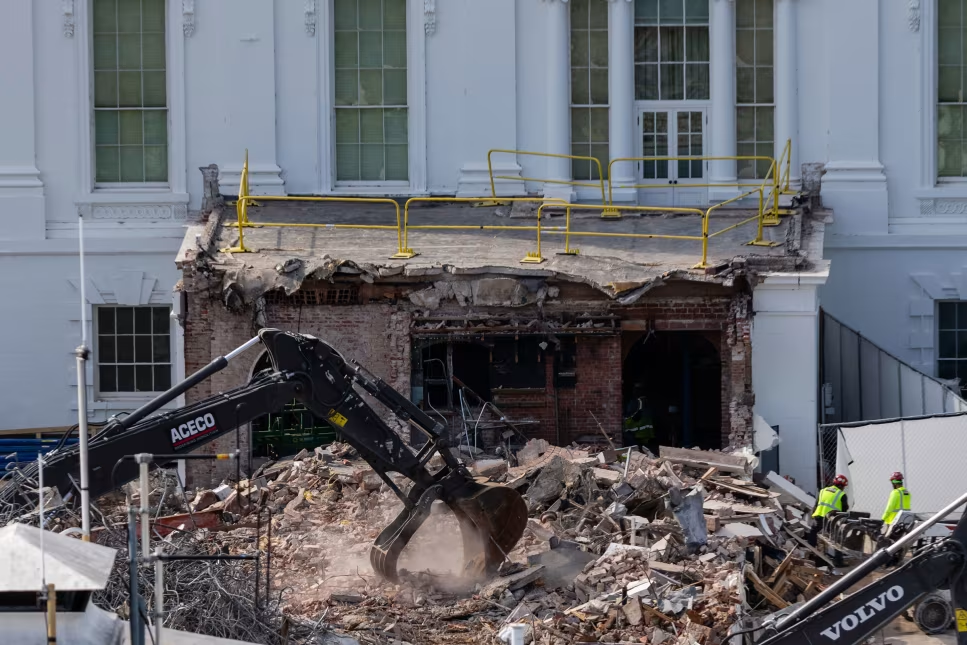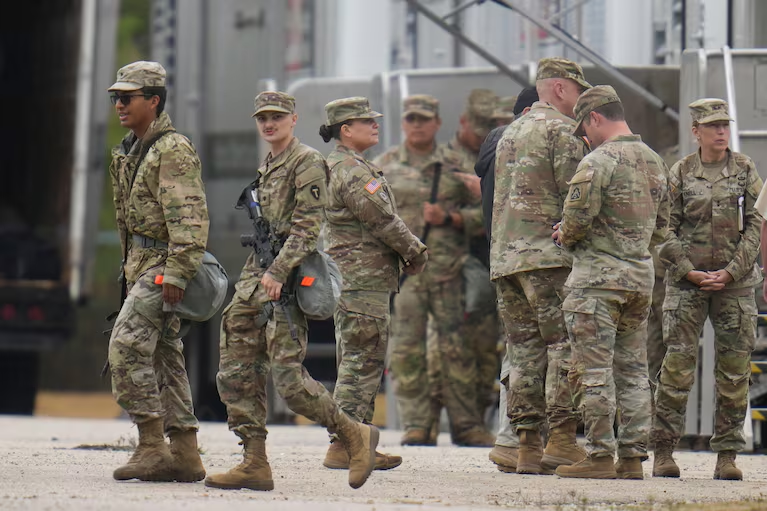As Israel-Hamas tensions grow, college students all around the U.S. are taking action and protesting on campus. Many have likened the protests to the Vietnam protests – both protests advocating large-scale anti-war beliefs of a young generation.
The political and military situation in the Middle East continues to develop, with Iran striking Israeli territory in a recent development. Furthermore, the U.N. Security Council passed a Gaza ceasefire resolution. While the conflict remains a tense and devastating issue, the future outcome of the war remains uncertain. Amid all uncertainty in the sphere of the international community, college students across the U.S. have taken action.
The University of Southern California (USC) canceled its main graduation ceremony — citing security concerns. The university selected Asna Tabassum, a Muslim valedictorian who had posted pro-Palestinian and anti-Israeli content on social media, to deliver a speech at commencement.
Following several complaints from Jewish USC student organizations, USC decided to not allow her to deliver her speech. The announcement on April 25 came after arrests the previous evening. The Los Angeles Police Department arrested 93 people for trespassing.
So, what are the pro-Palestinian students protesting for? These groups of students are urging their university to divest from Israel.
Universities can have endowments — meaning funds or assets donated to provide ongoing financial support to specific organizations, charitable activities, nonprofit institutions etc. Endowments can be controversial — as seen in the protests. Some of the most powerful and recognized universities around the U.S. have thousands upon thousands of funds.
In fact, Harvard University has an endowment of over $50 billion, according to data from the end of fiscal year 2022. Pro-Palestinian protesters are urging their schools to stop channeling endowment funds to Israeli companies and other businesses that are profiting from the war — such as weapons manufacturers.
As the generally peaceful protests continue, some Jewish students across America raise concern and express fear over their safety. Columbia University closed its campus, switching to a hybrid learning platform for the rest of the semester.
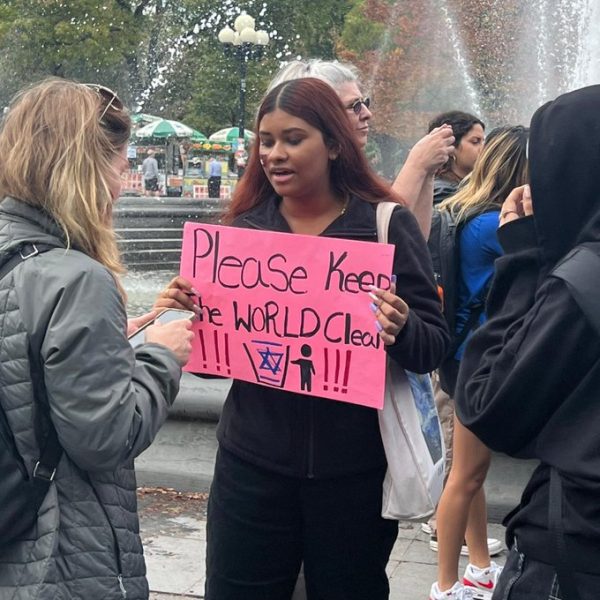
“Safety is our highest priority as we strive to support our students’ learning and all the required academic operations,” Provost Angela Olinto wrote in a statement.

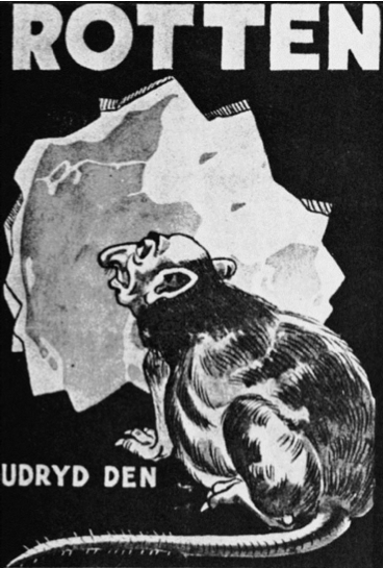
A poster circulated across Columbia University, illustrating a skunk with the Star of David with the writing “Beware! Skunk on Campus.”
This poster resembles Nazi-era antisemitism, drawing from Jewish stereotypes of the time. Propaganda posters used during World War II dehumanized the Jewish community and illustrated them as animal cartoons. A poster from the 1940s eerily resembles the poster that circulated at Columbia.
“I’ve had a friend who was beaten up. It’s scary. It’s violent,” a Columbia student shared.
At NYU, a protester held up a sign with the words “Please keep the world clean,” with an image of the Star of David in the trash. Following the protests, NYU spokesperson John Beckman responded.
“The signs the individuals in Washington Square Park are holding are antisemitic, repugnant and a disgrace; they are, in a word, vile,” Beckman wrote.
As school begins to wind down, the strength of these protests looms large. Will students leave campus after school finishes? Will the protests fizzle out when classes end? One must keep a pulse on campus activity and student population in the following days.
Amid all the chaos and activism taking place on campus, one major question remains: How has President Joe Biden responded to this?
President Joe Biden continues to support Israel, despite growing frustration from pro-Palestinian protesters. Biden also warned Israeli Prime Minister Benjamin Netanyahu that U.S. support relies on Israel’s implementation of civilian protection and adherence to humanitarian protocol. Despite the bumps in the road, Biden remains a staunch pro-Israel president.
The United States House of Representatives just passed a $95 billion package in foreign aid that provides assistance to Ukraine and Israel among others. The bill allocates $26 billion in funds for Israel. Following Senate approval, Biden signed the bill into action on April 24.
“The bill will also help replenish Israel’s air defenses, which is even more important following Iran’s brazen and unprecedented attack 10 days ago. And it will help ensure that Israel has what it needs to defend itself against the very real threats it faces from Iran as well as Iran’s proxy groups,” Press Secretary Karine Jean-Pierre said in a briefing.
On April 22, Biden gave his first public remarks on the protests in which he condemned the antisemitic protesters.
“I condemn the antisemitic protests. That’s why I’ve set up a program to deal with that. I also condemn those who don’t understand what’s going on with the Palestinians,” Biden said.
This statement has sparked outrage from both sides of the Israel-Palestine spectrum. Despite his strong pro-Israel stance in the past, Biden’s response showed sympathy for both sides of the argument. This statement signifies his need for the younger, pro-Palestinian college voters in the upcoming election. This demographic is essential for Biden to prevail come election day.



